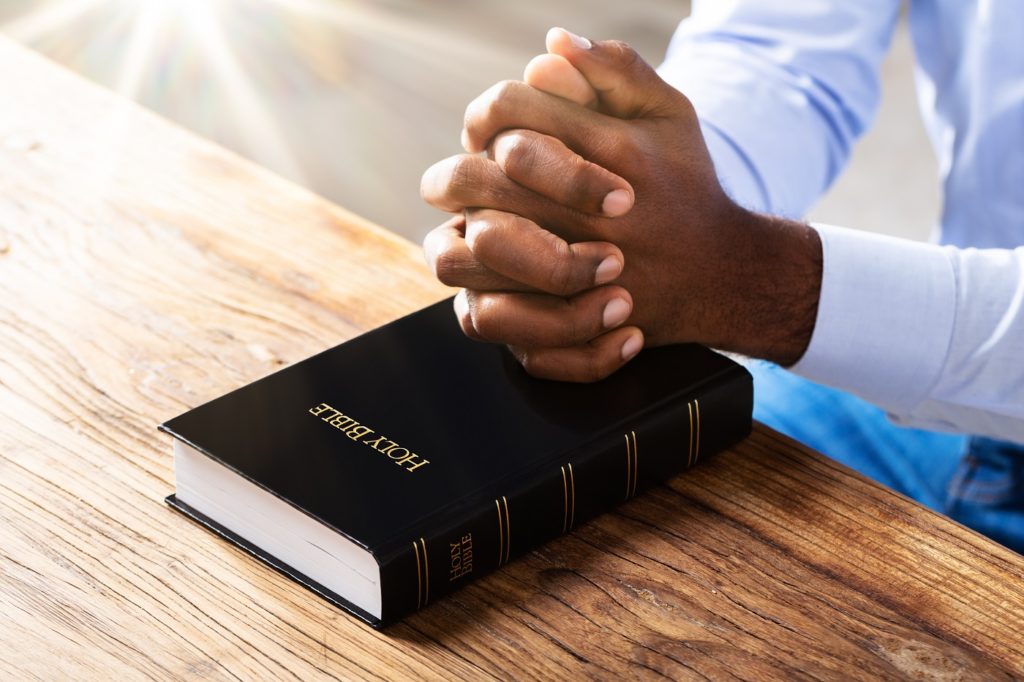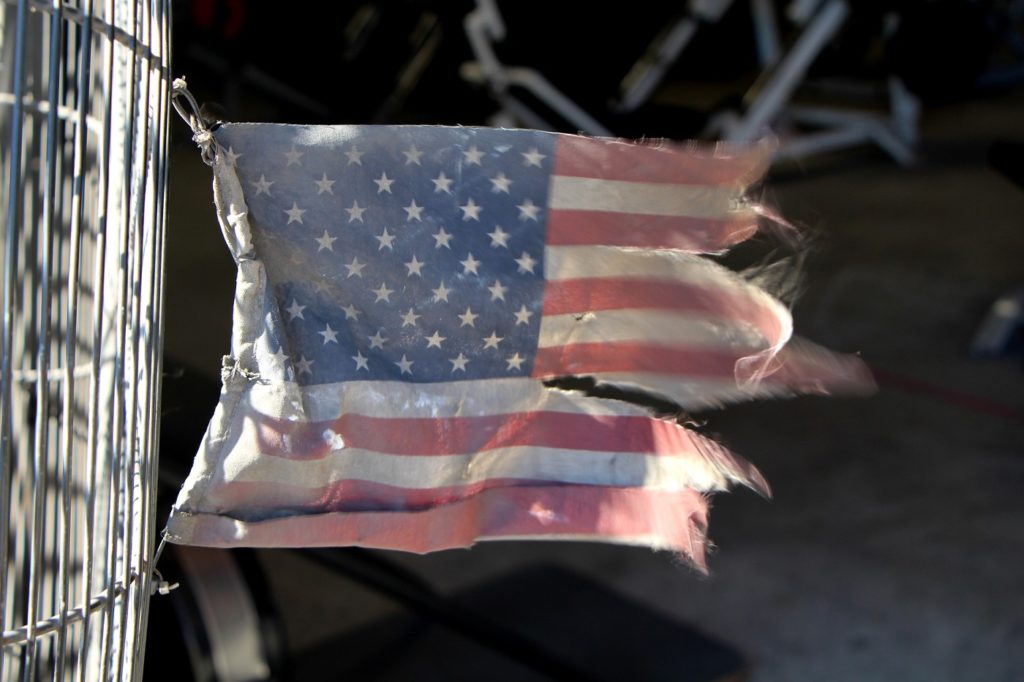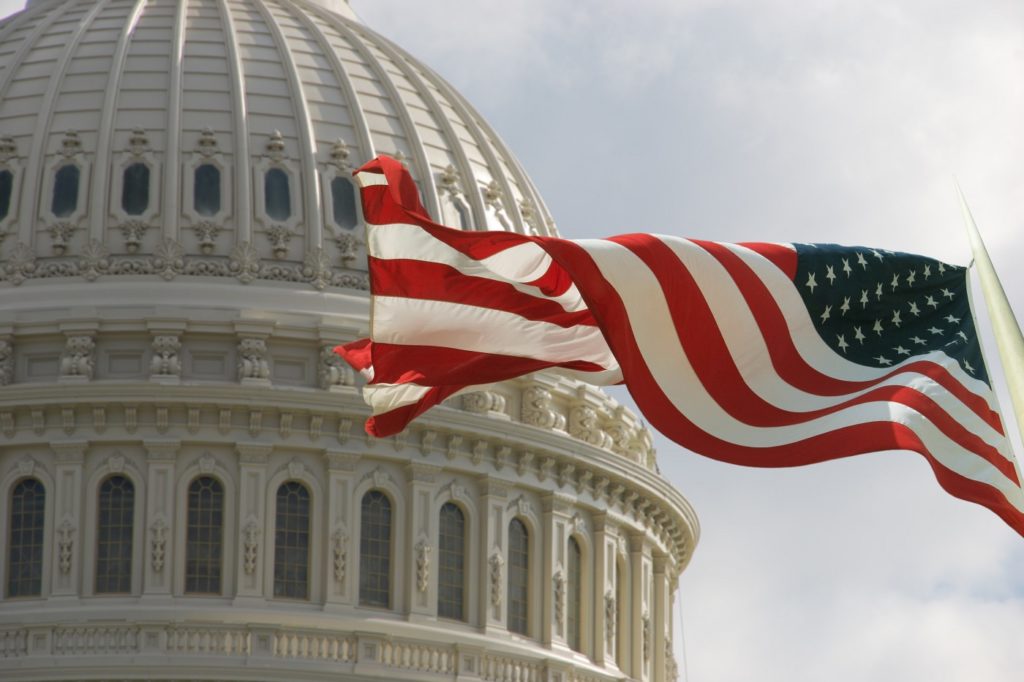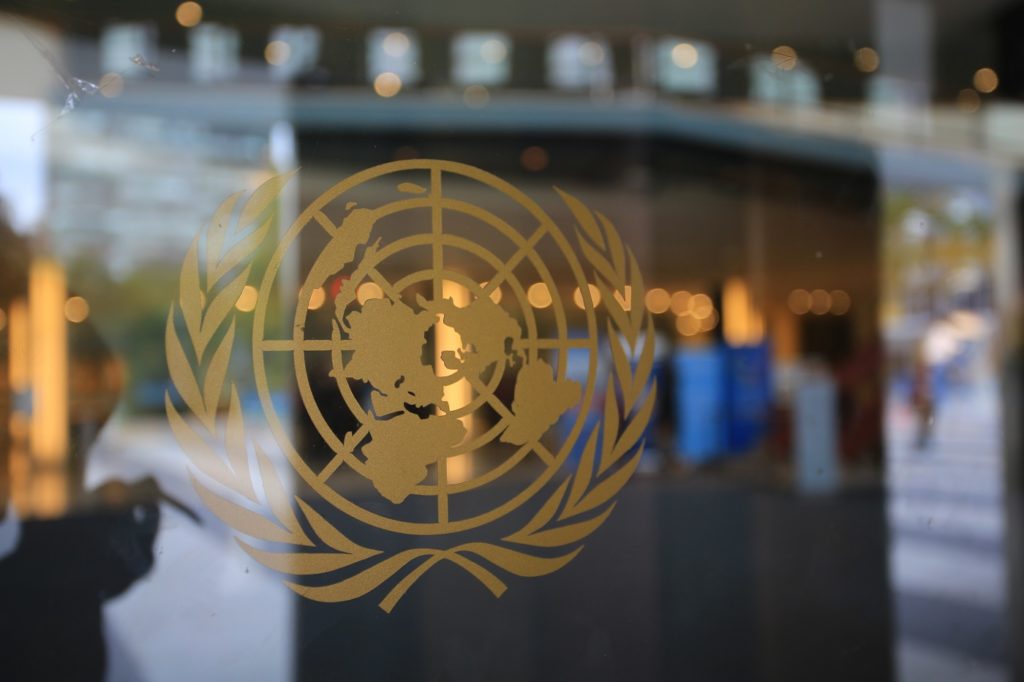Erika Bachiochi on the Future of Pro-Life Feminism

The question that divides us is how we ought to respond to reproductive asymmetry: the reality that women carry disproportionate burdens due to our special role in human reproduction. What makes one a feminist is the view that this basic inequality at the heart of reproduction is one that deserves, in justice, an affirmative cultural response. We wish not only for maternity to be celebrated for the true privilege it most certainly is, but also for women to be encouraged and supported in other contributions they make. This requires that the burdens of childbearing ought to be shared not only within the family, but also across the wider society too.
Seeing beyond Roe

Now that Roe v. Wade is on the brink of being overturned, we need to have conversations across the partisan divide and heal our nation’s wounds.
Clarifying Fetal Tissue Policy Contradictions

If the president and his administration are to be credibly accused of inconsistency with respect to their stance on using fetal cell lines from abortions, it would not be because the president personally received a dose of Regeneron’s drug, but rather because of a very different ethical failure: his administration’s channeling of hundreds of millions of dollars of taxpayer funds directly into the development of COVID-19 vaccines that utilize abortion-derived cells for their production.
Pope Francis, Civil Unions, and Moral Truth

More deeply understanding the truth about marriage and human sexuality will help all of us flourish. And that is what a pastor like Pope Francis desires. We can understand—indeed we share—the frustration of our fellow Catholics with the ways in which the Holy Father conducts interviews and the ways in which the media distorts them, but we must not do anything to undermine the truth that sets us free.
The Primacy of the Spiritual and the Obligations of the Church: On the Suspension of Public Worship

When we deliberate about how the Church, the state, various institutions, and all individuals should navigate the crisis of COVID-19, we are in fact deliberating about what ultimate common good we collectively belong to. Yes, we are called to protect our own bodily life and the lives of others, but we are also inclined by nature to participate in communities of friendship, extended family life, truth-seeking, meaningful work, gainful employment, liturgy, and contemplation.
On the Relative Importance of Death: COVID-19 and the Hierarchy of Goods

If the state seeks to protect the human body, it should do so in view of a more ultimate flourishing of the whole human person, for the sake of a civic society that promotes the free pursuit of spiritual goods. In a public health crisis, the ways we pursue these goods can be altered temporarily, but if the alterations threaten to radically alter the long-term pursuit of these goods, we must question these new policies.
Isolation Bookshelf: The Pleasures of Rereading

I have called books and authors “friends,” and that they are. Aristotle tells us the highest form of friendship is that which aims at another’s good as though it were one’s own, for in truth it is indistinguishable from one’s own. We reread our favorite books in gratitude, not only for the repeated pleasure of the experience but to know once again the good that our old friends have selflessly done us.
Public Discourse in the “Age of Selfies”

Adam MacLeod’s new book, “The Age of Selfies,” represents a worthy contribution to the intellectual retracing of our steps that we must pursue if we hope to restore reason and civility to our public discourse. Our freedom and social tranquility depend on a renewed seriousness about natural law and objective moral truth.
Protect Good Medicine, Stop the Censorship of Good Counseling

The law must protect the freedom of parents to seek, children to receive, and doctors to practice good medicine. The law must protect the ability of doctors and families to help children feel comfortable as what they actually are—namely, male and female children—not to radically and irreversibly transform their bodies.
Misunderstanding Race and the Bible

Christians like Tim Keller are to be commended for trying to fight racism with theology and scripture. But Keller’s use of the Bible on race assigns contemporary meanings to ancient texts that their authors never intended to convey.
Amusing Ourselves to Death: Revisiting the Prophetic Work of Neil Postman

Thirty-five years ago, New York University professor of communications Neil Postman predicted the political and social implosion we have witnessed in 2020. We must learn to dominate digital media technology, lest it dominate us. Otherwise, we may very well amuse ourselves, and our polis, to death.
Sexual Orientation Is Not What You Think It Is

When we speak of protecting people “whatever their sexual orientation,” we must realize the term is not as simple as most assume.
The Beauty of Self-Giving Love in Anna Karenina

If we combine the beauty of art and the power of narrative with rational argument, we can convince people of the worthiness of marriage and family life more effectively than by argument alone. Anna Karenina is an example of how to do this. It beckons the reader to choose the better path, contrasting the destructive adultery of Vronsky and Anna with Levin and Kitty’s enchanting journey into the life of married love.
Educating for an Integrated Human Existence

The uniting of differing spheres of excellence is a hallmark of John Henry Newman’s fully fleshed out idea of a university. What young men and women most need is adults in their midst who joyfully embody integration, integration of the parts of knowledge and integration of the intellectual, moral, and spiritual dimensions of human existence.
Pro-Life Stings and Abortion Referrals: Formal Cooperation in Evil Is Always Wrong

Are pro-life stings justified to change hearts and minds? Or do they make us complicit in new wrongful choices?
E Pluribus Nihil

We often assume that unity is the norm in human affairs, and strife the exception. But a cold-eyed view of history suggests the reverse. Unity is what needs the special cause, and today we lack the cause.
“Conservative Liberalism” after Christendom

In his recent book, David VanDrunen makes a protestant case for politics based on the natural law. We need an approach to government that recognizes the built-in moral fabric of the universe, yet refrains from exercising too much ambition in telling people how they must live their lives.
Isolation Bookshelf: The “Borking” of Supreme Court Nominees

There never was a golden age when low politics didn’t enter into the process of Supreme Court nominations, but the furies unleashed by Roe v. Wade have driven the politics lower and lower. Perhaps one day the end of Roe will mean the end of “Borking” too. So we may fervently pray.
Why Your Daughter—and You—Should Watch the New Mulan

Mulan is worth watching because it is a great movie with a compelling plot. And it teaches an important truth: a girl does not have to pretend to be a man in order to excel in a traditionally male domain.
Uncluttering the Ground between the Trenches

Despite Andrew Koppelman’s good-faith efforts, he has not accurately stated important, fundamental convictions of religious liberty proponents concerning the character of moral reasoning and the nature of law.
Suing for Peace in the Wedding Vendor Wars

Andrew Koppelman surely is correct that a same-sex couple must find it humiliating and embarrassing to be turned away from a wedding vendor. He is also right that the costs of using public law to remedy such indignities are significant, especially for the conscientious owners whose livelihoods are at stake. So, what to do? What we need is an institution that is capable of resolving these fraught disputes on a case-by-case basis. Fortunately, the common law provides such institutions.
The Threat to Life and Liberty from the United Nations’ Abuse of Human Rights

Individuals who are victims of abuses against their fundamental human rights can and should be defended and protected using existing human rights laws and norms, regardless of their race, nationality, gender, sexual orientation, or any other distinguishing characteristic. UN member states and human rights advocates alike should work to promote and protect fundamental, natural human rights, not redefine or eliminate rights based on their particular policy preferences.
The Other Pandemic: The Lockdown Mental Health Crisis

Our leaders cannot abdicate responsibility for difficult decisions and simply hide behind infectious disease epidemiologists. We have a mental health epidemic to also contend with, not to mention the economic and social effects of lockdowns. It is past time for us to reckon with these devastating realities.
Why Voting for Biden Isn’t Necessarily a Sin—And Why That Matters

While I do not intend to vote for Biden, I am adamant that a Christian may in good conscience vote for him so long as it is not because of the evils he supports. Recognizing this fact is crucial for those who care about Christian witness in a fallen world. When our moral witness becomes entirely tied to prudential political judgments, we swap our faith in a transcendent redeeming God who offers us salvation for a politician or party who promises to create heaven on earth.




